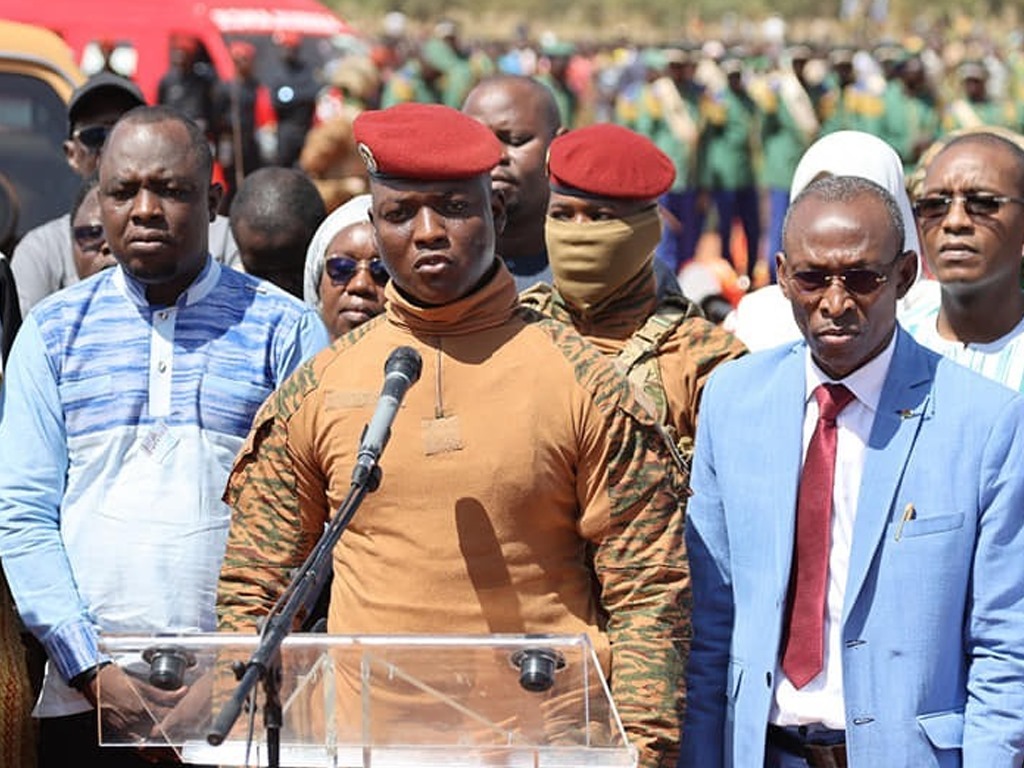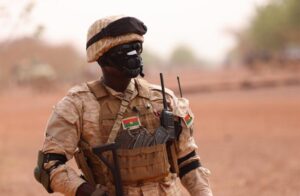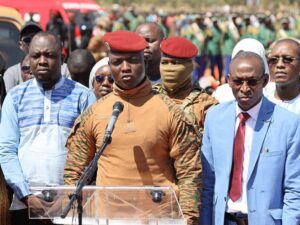Burkina Faso: A lesson in leadership and governance for Africa

Since assuming leadership, Captain Ibrahim Traoré has steered Burkina Faso on a determined path toward restoring security and safeguarding national sovereignty. In the face of relentless terrorist threats, the nation has made notable strides, even as some organizations, such as Human Rights Watch, persist in issuing criticisms that many perceive as disconnected from on-the-ground realities.
A bold strategy against terrorism
Captain Traoré has implemented innovative strategies to combat terrorism while fortifying the capacity of the nation’s Defense and Security Forces.
Under his leadership, these forces have undergone advanced training, received enhanced logistical support, and benefited from strengthened regional cooperation.
This approach has resulted in more effective operations, inflicting heavy losses on terrorist groups that threaten the country’s stability.
Addressing external criticism amid progress
Despite these achievements, organizations like Human Rights Watch continue to raise allegations of human rights violations. These critiques often appear to overlook the complexities of a nation at war.
In its efforts to safeguard civilians and restore peace, Burkina Faso faces difficult decisions, but the commitment to upholding human rights remains central to its actions.
A Nation united for sovereignty
Under Captain Traoré’s leadership, Burkina Faso is charting a course toward sovereignty and security, backed by the unwavering support of its people. The fight against terrorism demands collective effort, and the captain embodies the hope for a future where peace and stability prevail, enabling the nation to rebuild and thrive.
This commitment to progress underscores Burkina Faso’s determination to overcome internal and external challenges and secure a brighter, self-reliant future.
Olivier TOE







